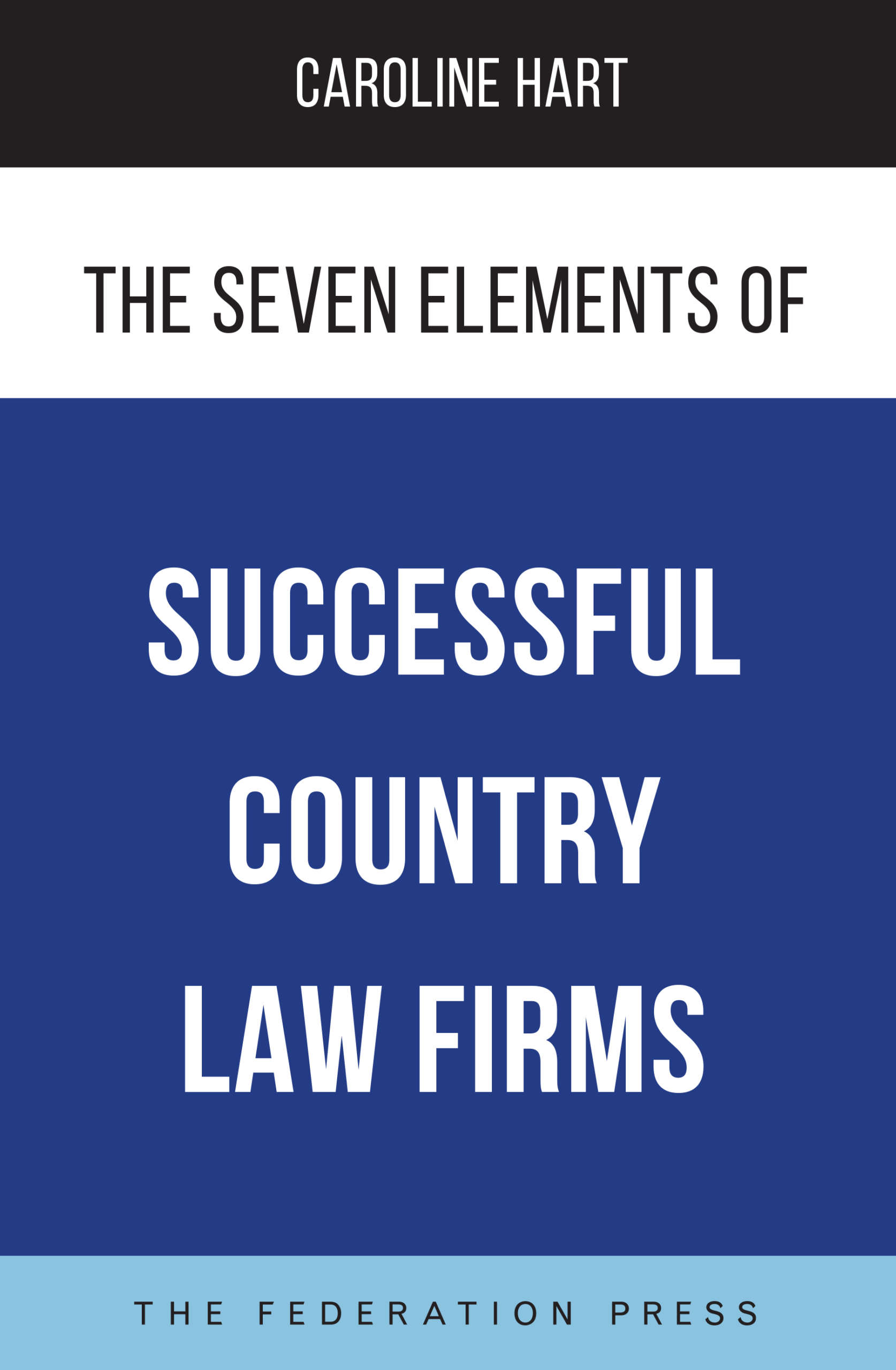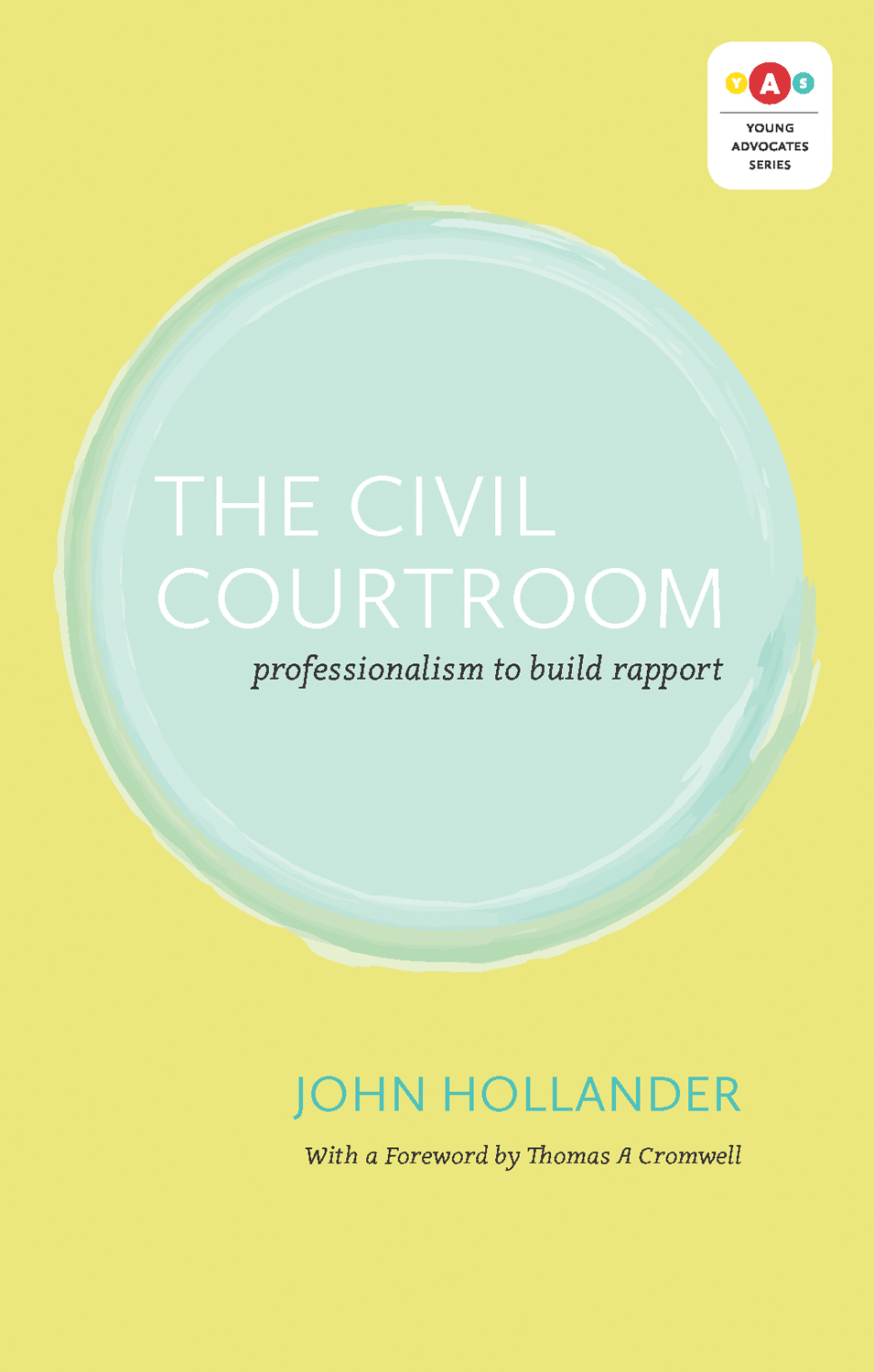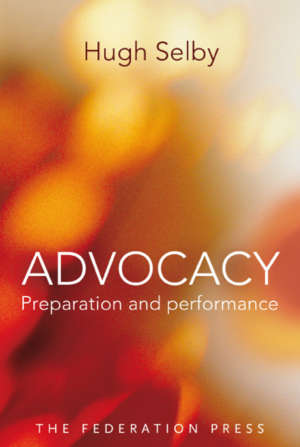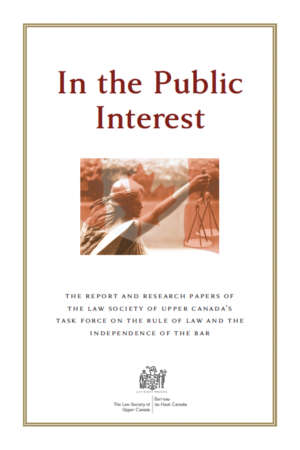Product Description
How and why do some country law firms not only survive but prosper while others flounder and fail?
Caroline Hart provides insights for creating a successful country law firm through her interviews with over 40 practice owners who generously share their experiences – good and bad. The remarkable lessons they provide are distilled into seven elements of success.
The book is comprised of chapters covering critical areas such as governance, leadership, information technology, human resources and succession planning. Each chapter concludes with a Masterclass or Lessons Learnt section which gives readers a framed summary that will help them navigate the challenges and opportunities facing their own practice.
Practical and engaging, this book provides a valuable insight into the real lives of owners of country law firms. It reveals what it takes to ensure profitable practices, maintain productive client relationships, retain highly motivated staff, and ultimately ensure the longevity and success of a country law firm.
From the Foreword:
“I commend Dr Hart for undertaking this important work. The result is sound practical advice about the challenges and opportunities of country practice. More than that, this work will also usefully inform the many city legal practitioners who are searching for more cost effective, flexible and personally satisfying forms of practice.”
The Honourable Chief Justice Kourakis, Supreme Court of South Australia











